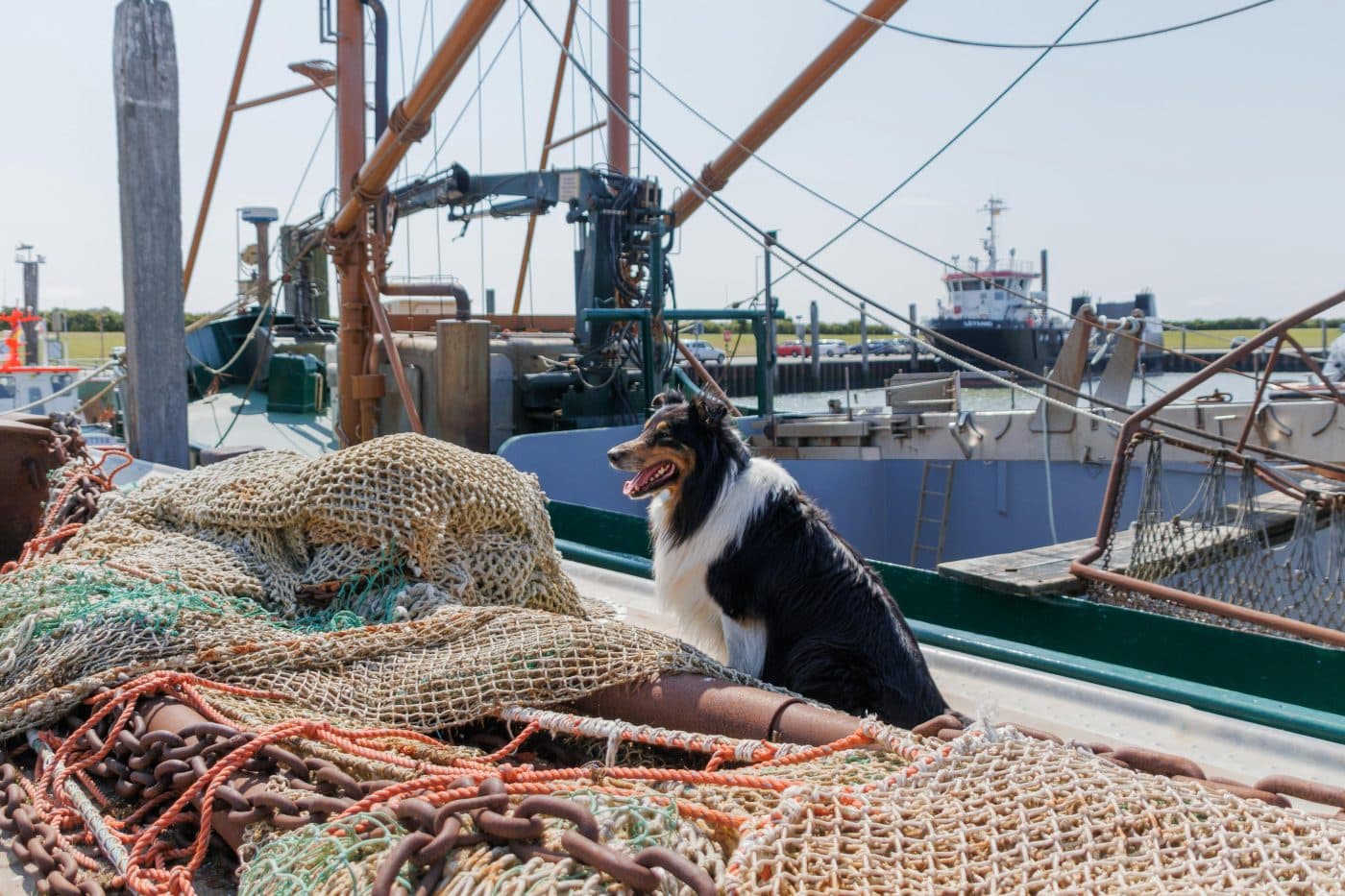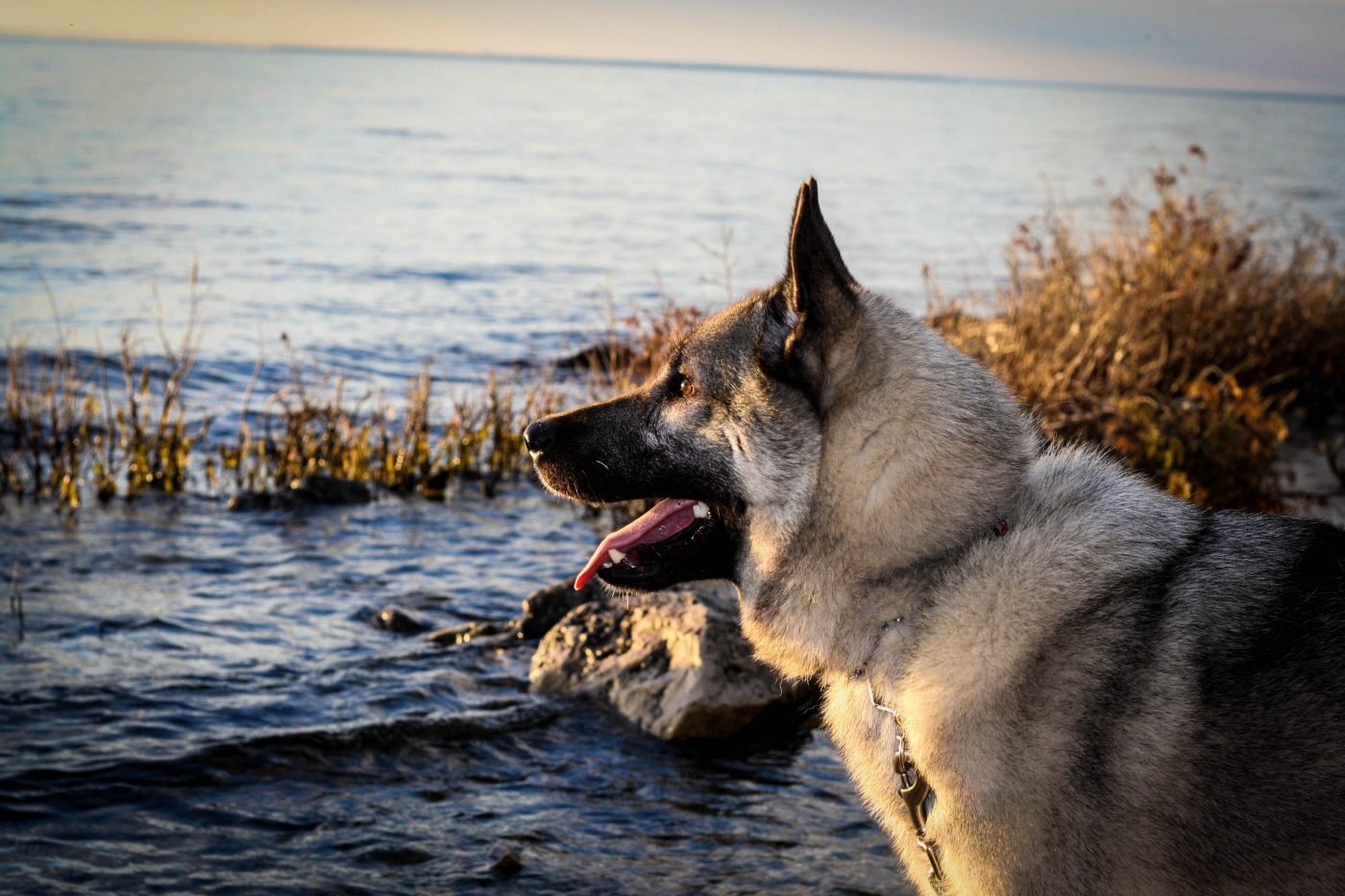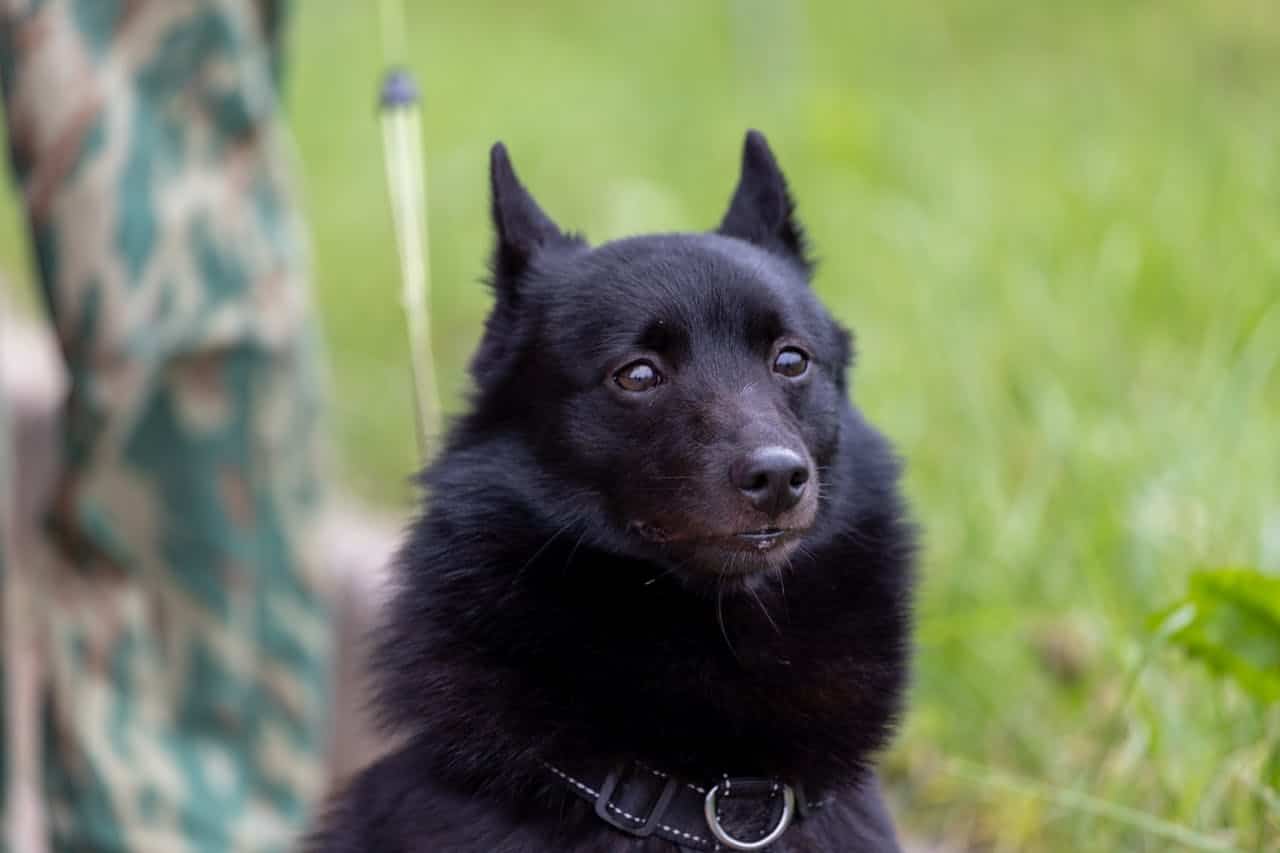 Shutterstock
Shutterstock
For centuries, hardworking dogs were essential crew members on seafaring and fishing vessels. They retrieved nets, rescued sailors, guarded cargo, and even hunted pests onboard. Their strength, intelligence, and swimming abilities made them invaluable on the open water. While modern advancements have largely replaced their original roles, their legacy remains. Many still possess the instincts that once made them indispensable at sea. Though they may no longer work on ships, their history is forever linked to maritime traditions, proving that some skills are never truly forgotten.
Portuguese Water Dog
 Shutterstock
Shutterstock
The Portuguese Water Dog was once a vital member of fishing crews along the coasts of Portugal. These energetic, intelligent dogs herded fish into nets, retrieved lost tackle, and acted as messengers between ships and shore. Their curly, waterproof coats protected them from the cold Atlantic waters, making them ideal working dogs for fishermen. As fishing methods advanced, their role declined, but their loyalty and enthusiasm remained, allowing them to thrive in modern water sports.
Labrador Retriever
 Shutterstock
Shutterstock
Before becoming one of the world’s most beloved pets, the Labrador Retriever was a hardworking fishing dog in Newfoundland. These strong swimmers retrieved fish that escaped from nets, helped haul in heavy loads, and assisted in water rescues. Their webbed feet and love for water made them perfect companions for fishermen who needed reliable help on the water. Over time, their skills transitioned to roles in hunting, search and rescue, and therapy work, but their love for swimming remains.
Spanish Water Dog
 Shutterstock
Shutterstock
The Spanish Water Dog was a jack-of-all-trades for fishermen along the Iberian Peninsula. These versatile dogs helped herd fish into nets, retrieved lost gear, and even guarded boats and docks. Their distinctive curly coats protected them from cold, wet conditions, making them well-suited for maritime life. Though their jobs on boats have faded, they remain intelligent and highly trainable dogs, often excelling in competitive sports.
Chesapeake Bay Retriever
 Shutterstock
Shutterstock
The Chesapeake Bay Retriever was originally bred to retrieve waterfowl for hunters, but their skills were also useful to fishing crews. Their thick, oily coats provided insulation against freezing waters, allowing them to swim for long periods without getting cold. They were often tasked with retrieving fish and lost equipment, proving their worth as resilient water dogs. While they are now mostly used for hunting and companionship, their seafaring roots are still evident in their powerful swimming abilities.
Keeshond
 Shutterstock
Shutterstock
Though better known today as a fluffy companion, the Keeshond once served as a watchdog on Dutch barges. These dogs were highly valued for their ability to alert crews of intruders and protect valuable cargo during long journeys on the water. Their thick coats kept them warm while traveling through Europe’s waterways, and their friendly nature made them excellent shipmates. As trade and travel methods evolved, their job on boats diminished, but they remained loyal and intelligent companions.
Shetland Sheepdog
 Shutterstock
Shutterstock
The Shetland Sheepdog, or “Sheltie,” was once an essential helper to fishermen and sailors from the Shetland Islands. These intelligent and agile dogs were used to herd livestock on the islands, but they also played a role in guarding fishing boats and retrieving small items from the water. Their thick double coats protected them from harsh sea winds, making them well-suited for maritime life. While they no longer assist on fishing boats, Shelties continue to be highly trainable and excel in dog sports, proving that their working instincts are still as sharp as ever.
American Water Spaniel
 Shutterstock
Shutterstock
The American Water Spaniel was bred in the Midwest to retrieve games from lakes and rivers, but their water skills also made them useful for fishing boats. Their compact size allowed them to move easily around small vessels, and their curly, water-resistant coats kept them warm in chilly waters. Fishermen relied on them to retrieve lost gear and assist with daily tasks on the boat, making them a valuable part of seafaring life. While their role at sea has faded, they continue to be excellent swimmers with a strong instinct for retrieving.
Norwegian Elkhound
 Shutterstock
Shutterstock
The Norwegian Elkhound might not initially seem like a seafaring dog, but these sturdy, fearless dogs played a crucial role aboard Viking ships. They traveled with Norse explorers, guarding cargo and alerting crews to potential threats during their voyages. Their thick coats protected them from harsh northern climates, and their loyalty made them trusted companions for long and dangerous trips. Though their seafaring days are long gone, they remain a symbol of Viking resilience and bravery, carrying on their adventurous spirit.
Schipperke
 Shutterstock
Shutterstock
The Schipperke, often called the “Little Captain,” was a favorite among Belgian boatmen. These small, agile dogs were kept on barges to guard against thieves and catch rats, helping to keep the vessels clean and safe. Their high energy and sharp alertness made them excellent watchdogs on busy canals and waterways, always on duty to protect their crews. As modern pest control and security measures improved, their job at sea diminished, but their fearless and lively personalities remain.
The Tails Of The Sea Live On
 Shutterstock
Shutterstock
While these breeds no longer sail the seas or assist in fishing, their legacy remains strong. Their instincts, intelligence, and loyalty continue to shine in new roles, proving their lasting value. Many still have a deep love for water, a reminder of their maritime history and past work aboard fishing boats. Though modern technology has taken over their original jobs, nothing can replace the bond they shared with the seafarers who relied on them. Some legends never sink—they find new waves to ride.
 Toledo, United States.
Toledo, United States.
